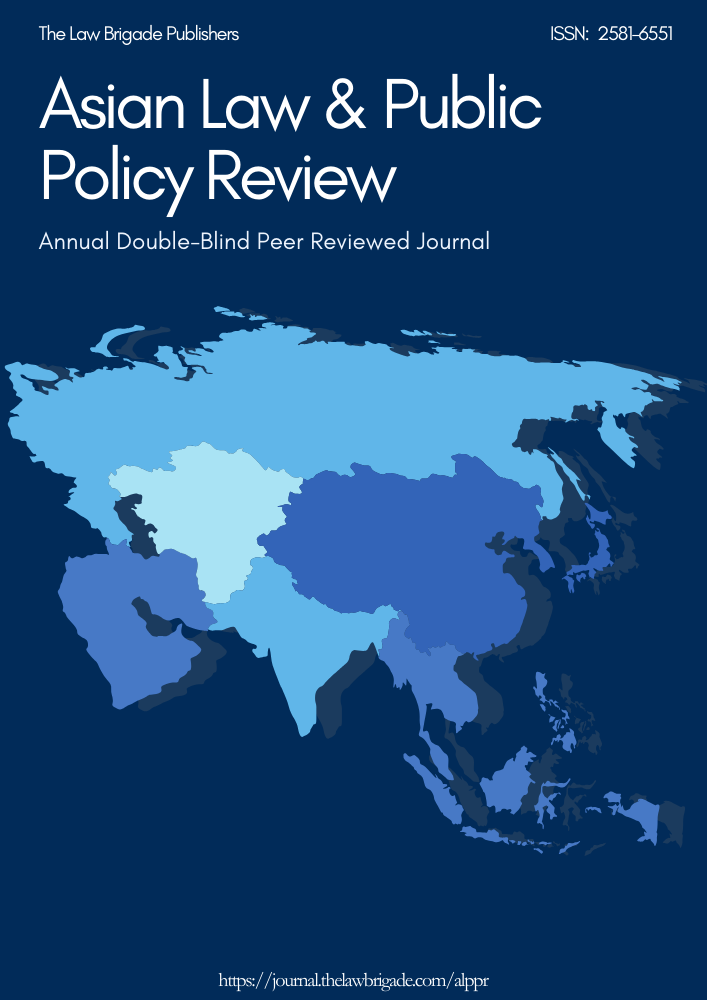Arbitration In Intellectual Property Disputes
Keywords:
Arbitration, Intellectual Property Disputes, WTOAbstract
According to the definition of WTO (World Trade organization) “Intellectual property rights are the rights given to persons over the creations of their minds. They usually give the creator an exclusive right over the use of his/her creation for a certain period of time.” Therefore as a very old and famous saying goes, “A right without a remedy is no right at all”. In order to protect rights conferred upon its members, state tries to come up with various means to solve any clashes within this field and also comes up with mechanisms which will safeguard originality and maintain creativity at the same time. These instruments may extend from being totally state driven (for example state courts) to totally private and secured inside a state directed framework (mediation), to totally private without state supervision (negotiation) with the exception of in constrained cases. Intellectual property, despite absence of a far reaching definition, is by and large consulted with broad insurances in many locales. They give imposing business model rights to the holder/proprietor. Given the skew imposing business model rights present, states attempt to make licensed innovation strategies to draw a harmony between levels of insurance conceded and benefits that individuals from the State can get from abuse of such protected innovation. Given the general arrangement and the erga omnes character of IP insurances, question concerning IP are normally held inside the sole area of state courts.
Downloads
Downloads
Published
Issue
Section
License

This work is licensed under a Creative Commons Attribution-NonCommercial-ShareAlike 4.0 International License.
License Terms
Ownership and Licensing:
Authors of research papers submitted to any journal published by The Law Brigade Publishers retain the copyright of their work while granting the journal specific rights. Authors maintain ownership of the copyright and grant the journal the right of first publication. Simultaneously, authors agree to license their research papers under the Creative Commons Attribution-ShareAlike 4.0 International (CC BY-SA 4.0) License.
License Permissions:
Under the CC BY-SA 4.0 License, others are permitted to share and adapt the work, even for commercial purposes, provided that appropriate attribution is given to the authors, and acknowledgment is made of the initial publication by The Law Brigade Publishers. This license encourages the broad dissemination and reuse of research papers while ensuring that the original work is properly credited.
Additional Distribution Arrangements:
Authors are free to enter into separate, non-exclusive contractual arrangements for distributing the published version of the work (e.g., posting it to institutional repositories or publishing it in books), provided that the original publication by The Law Brigade Publishers is acknowledged.
Online Posting:
Authors are encouraged to share their work online (e.g., in institutional repositories or on personal websites) both prior to submission and after publication. This practice can facilitate productive exchanges and increase the visibility and citation of the work.
Responsibility and Liability:
Authors are responsible for ensuring that their submitted research papers do not infringe on the copyright, privacy, or other rights of third parties. The Law Brigade Publishers disclaims any liability for any copyright infringement or violation of third-party rights within the submitted research papers.


